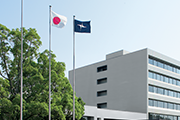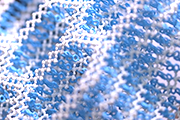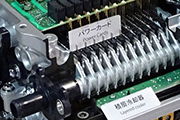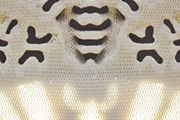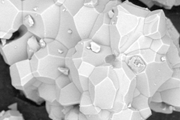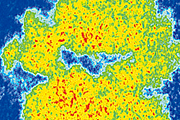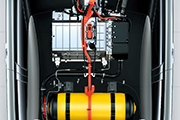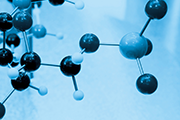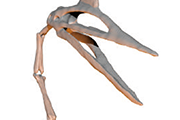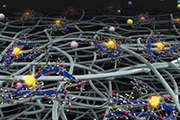Innovative Carbon Fibre Production Process Using an Ecofriendly Water-soluble Precursor with Low CO2 Emissions.
A study conducted by Takuya Morishita et al. in collaboration with Toyota Motor Corporation was published in the Nature Communications.
Carbon fibre (CF) is a lightweight, next-generation material with numerous applications. CF production is predominantly based on the polyacrylonitrile (PAN) precursor due to the high tensile strength of PAN-based CFs (PAN-CFs). However, PAN-CF production requires organic solvents. Additionally, the thermal stabilisation process is highly energy-intensive, resulting in high CO2 emissions.
In this study, aqueous polyacrylamide (aquaPAM®*) fibre, prepared via polymerisation and dry spinning using water, is proposed as a water-soluble CF precursor that can be converted into high-performance CF with high carbon yields. Incorporating small amounts of phosphoric acid into aquaPAM® considerably reduces thermal stabilisation time and increases carbon yield compared to PAN-CF production.
Furthermore, carbonised aquaPAM-based CFs exhibit tensile strength and modulus comparable to that of PAN-CFs, and the developed process generates fewer CO2 emissions than PAN-CF production.
*aquaPAM is a trademark of Toyota Central R&D Labs, Inc.
Title: Carbon Fibre Production Using an Ecofriendly Water-soluble Precursor
Authors: Morishita., T., Narita, M., Matsushita, M., Hayashida, K., Nomura, K., Taniguchi, S., Kikuzawa, Y., Sakakura, N., Tanaka, H., Katagiri, Y., Okamoto, A., Mouri, M., Mori, H., Kunitomo, A., Kawai, H., Shigemitsu, N.
Journal Name: Nature Communications
Published: May 17, 2025
https://doi.org/10.1038/s41467-025-59841-9















